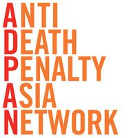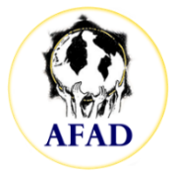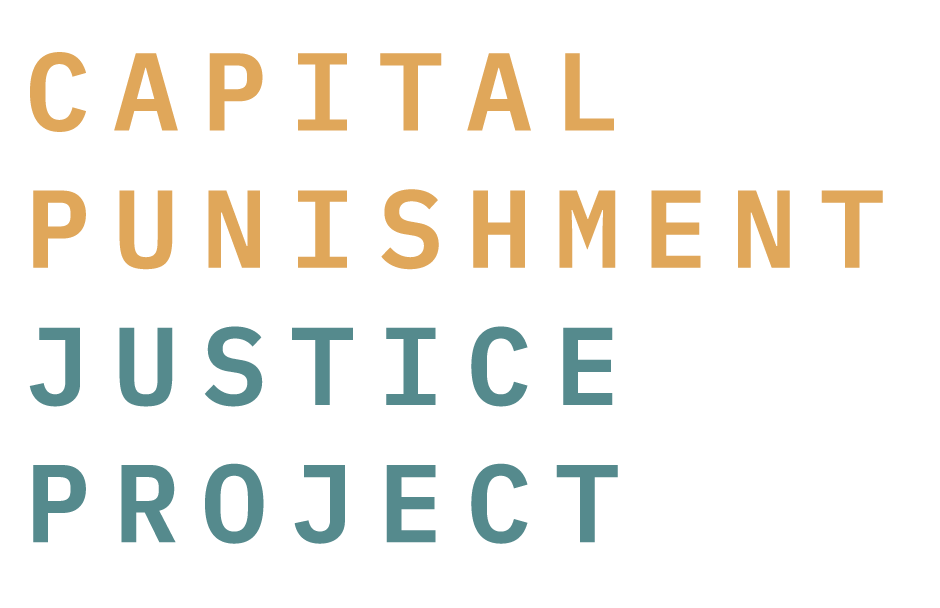Bangladesh: Brutal crackdowns on student protesters resulting in fatalities warrant accountability
19 JuLY 2024
The undersigned human rights organisations express our serious concerns over ongoing, brutal crackdowns on protesters in Bangladesh by law enforcement agencies, security forces, and members of the ruling party. Students across the country are protesting against a system of quotas in the recruitment of public servants. The government of Bangladesh has deployed Police, Rapid Action Battalion (RAB), and Border Guards-Bangladesh (BGB) to quell the protests in major cities around the country. We urge the Government to immediately cease these crackdowns on student protests.
Credible information analysed by human rights groups and media reports confirms that at least 33 people have been killed including a journalist since the protests commenced on 15 July, while scores were seriously injured. Law enforcement agencies and security forces have been seen driving armored personnel carriers (APCs), and local and international media have reported on the use of teargas, sound grenades, rubber and pellet bullets, and water cannons against protesters. Media reports indicate that members of the Bangladesh Chhatra League (BCL), the ruling party’s student wing, were seen beating protesters, including female students, with both blunt and sharp weapons and guns. The government has shut down universities and other educational institutions, with students ordered to vacate the dormitories.
Human rights defenders and journalists, who have requested anonymity for fear of reprisals, report that, as of late night on 18 July, joint forces comprising the Police, RAB, and BGB were conducting massive crackdowns across Dhaka and other cities with public universities. The government has reportedly shut down electricity and blacked out communications, including mobile phone networks and the internet, during these operations. Journalists were allegedly prevented from covering the violent actions of the security forces and law enforcement agencies. Members of the BCL wearing helmets and carrying weapons are reported to have entered the emergency units of hospitals to further attack injured protesters. The police have been accused of preventing ambulances from helping wounded students at the Jahangirnagar University on the outskirts of Dhaka. Bangladesh-based journalists have been forced to censor their reports of the gross abuses being carried out by the security forces. The police have registered several cases against named and un-named protesters, and large-scale arbitrary arrests and detention are going on while torture in custody is a norm of the law enforcement agencies in the country.
Bangladesh’s law enforcement agencies consistently disregard the United Nations’ Basic Principles on the Use of Force and Firearms by Law Enforcement Officials. The government of Bangladesh, under Prime Minister Sheikh Hasina, has established an ‘appalling and pervasive culture of impunity’ for gross human rights violations and a system of rewarding perpetrators. In the given context, victims of serious human rights violations are systematically deprived of access to justice. Bangladesh has consistently failed to hold perpetrators accountable for gross human rights violations over the past decade.
This has created a de facto system of denial of justice in Bangladesh, which warrants the international community’s urgent attention to hold perpetrators accountable and demand that the Bangladeshi government comply with its international human rights obligations. There are growing concerns that members of the security forces and members of the Judiciary regularly enjoy the opportunity to join the UN Peacekeeping Operations. In light of such ongoing massive violations of human rights, personnel of security forces, law enforcement agencies, and the police should be banned from participating in the UN Peacekeeping Missions without a credible system of scrutiny.
We strongly call on the Bangladeshi government to immediately stop the crackdown on protests and instead engage in meaningful dialogue with the students and investigate the use of violence to stifle the demonstrations. Perpetrators should be held accountable through genuine and independent investigations. The international community, including the UN Department of Peace Operations, has a responsibility to ensure that the same forces that are committing crimes in Bangladesh do not join peacekeeping forces abroad.
-----
Signed:
Anti-Death Penalty Asia Network (ADPAN)
Asian Federation Against Involuntary Disappearances (AFAD)
Capital Punishment Justice Project (CPJP)
Eleos Justice, Monash University (Australia)
Robert F. Kennedy Human Rights
The International Bar Association’s Human Rights Institute (IBAHRI)






